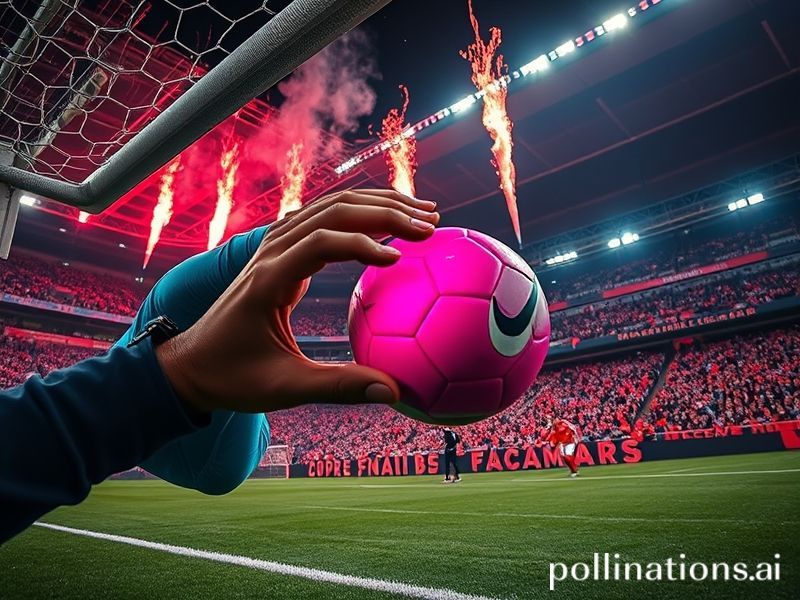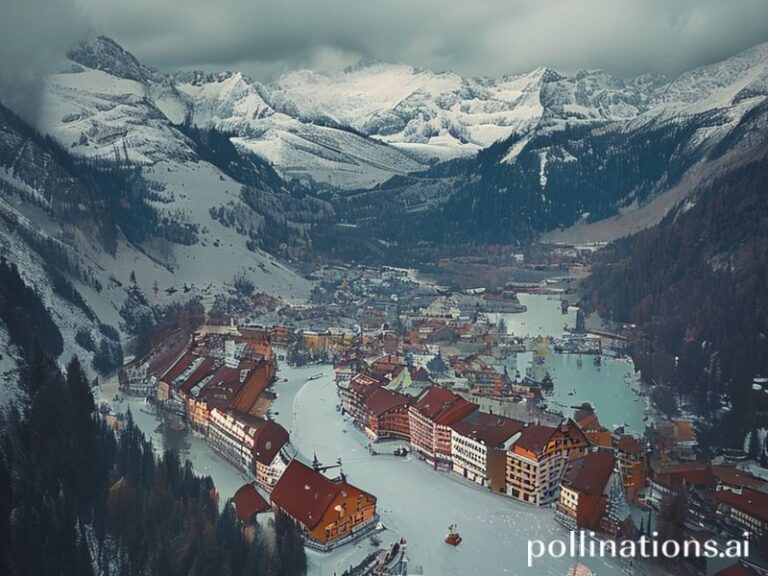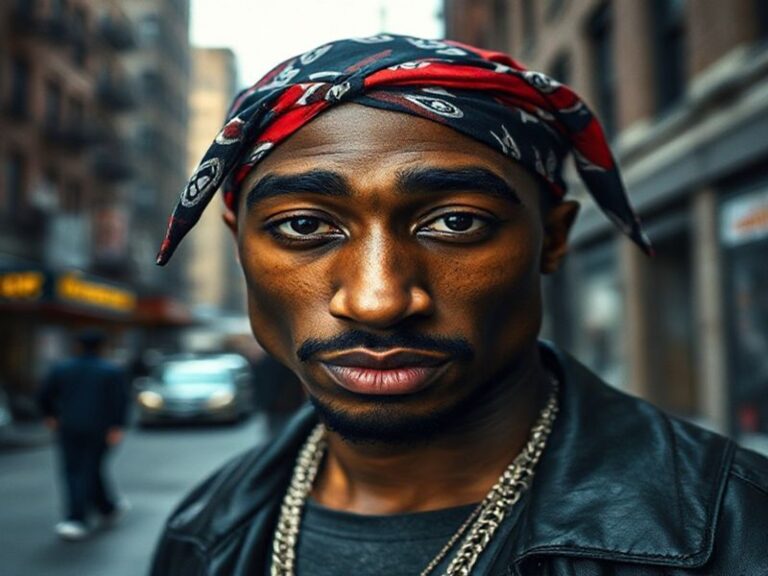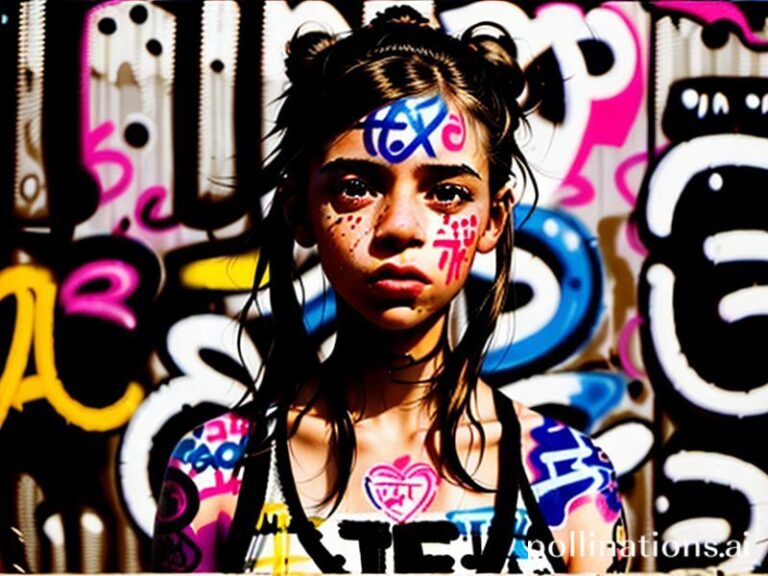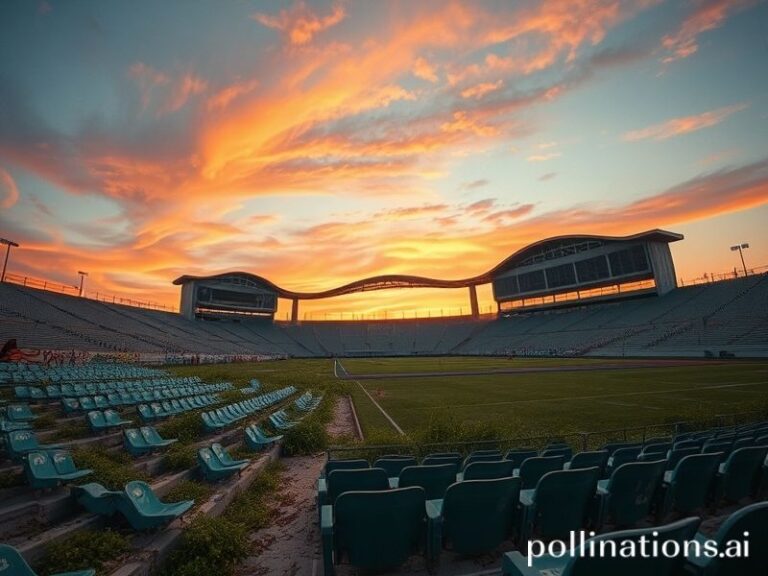Marseille vs PSG: How a French Derby Became the World’s Favorite Proxy War
Marseille vs PSG: A Mediterranean Derby for the Age of Globalized Grudges
By Dave’s Locker International Desk
When Olympique de Marseille and Paris Saint-Germain kick off at the Vélodrome this Sunday, 11,000 ultras will scream themselves hoarse, Qatari soft-power accountants will check their ROI spreadsheets on encrypted phones, and somewhere in Lagos a betting syndicate will hedge against a 94th-minute Neymar dive. The fixture is marketed—rather grandly—as “Le Classique,” France’s answer to El Clásico. In truth it’s less a football match than a geopolitical mood ring dipped in bouillabaisse, reflecting every neurosis of our gaudy, overheated century.
Start with the obvious: geography. Marseille, a sun-cracked port that smells of diesel and pastis, still fancies itself the rebellious Phocaean cousin to Parisian arrogance. PSG, meanwhile, has become the gated-community emblem of the capital, bankrolled by a Gulf emirate whose sovereign wealth could buy the Côte d’Azur and still have change for a Monaco penthouse. The rivalry used to be about north versus south; now it’s about old Mediterranean salt versus new-money sand.
Zoom out and the match becomes a case study in soft-power laundering. Qatar took a 70% stake in PSG in 2011, the same year it won the rights to host a World Cup in air-conditioned tents. Twelve years on, the emirate’s shiny toy has collected Ligue 1 titles like Hermès ashtrays and turned the Parc des Princes into a diplomatic salon. Visiting sheikhs pose for selfies with Kylian Mbappé, whose image rights are now a minor sovereign asset class. Marseille, majority-owned by American venture capitalist Frank McCourt—yes, the same man who once ran the Dodgers into bankruptcy—tries to sell authenticity by the crate. One club is a sovereign branding exercise; the other is a distressed-asset turnaround with ultras who still sing about the Commune of 1871. Both are nominally French, which tells you everything about modern Frenchness.
The global audience doesn’t particularly care who wins; it cares about narrative vectors. For the Asia-Pacific streaming market, the subplot is Lionel Messi’s contractual curtain call—will the little genius bother to jog, or will he simply ghost through the midfield like a man scanning duty-free? For North American broadcasters, it’s a bilingual infomercial: tune in to watch Mbappé audition for the 2026 World Cup he may or may not attend, depending on his mood and the exchange rate on Instagram followers. African viewers track the match via crackling satellite dishes and WhatsApp scorebots, calculating how many sacks of millet the referee’s latest bribe could have bought back in Bamako.
Meanwhile, European regulators watch nervously. UEFA’s “financial fair play” rules—an oxymoron on par with “jumbo shrimp” or “friendly audit”—were supposed to prevent the sort of unlimited hydrocarbon spending that turbocharged PSG. Instead, the Parisians simply hired better lawyers and discovered creative accounting so avant-garde it could hang in the Louvre. Marseille fans wave spoof euros printed with Nasser Al-Khelaïfi’s face, a protest that doubles as performance art: money so fake it’s real again.
Security services have their own metrics. French riot police classify the fixture as a “risk level 4”—the same designation reserved for G7 summits and pension-reform marches. Last year’s clash produced 32 arrests, one stolen firetruck, and a TikTok clip of an ultra lighting a flare off a gendarme’s helmet. The Interior Ministry quietly exports the policing model to other nations wrestling with imported tribalism: Greece studies the CRS kettling tactics, Chile orders tear-gas canisters in Marseille blue.
Bookies from Manila to Medellín have installed PSG as 4-9 favorites, which in gambling parlance means Marseille is the moral hedge for anyone who enjoys losing money with dignity. Crypto exchanges offer NFTs of every Neymar roll, each tokenized grimace a tiny allegory for the speculative bubbles inflating above the sport itself. Even the weather app has joined the circus: AccuWeather now issues “ultra-storm warnings” for Marseille, predicting not wind speed but the likelihood of plastic chairs migrating onto the pitch.
When the final whistle blows, the world will move on to fresher outrages—Ukraine, inflation, the next celebrity meltdown. Yet in some surveillance van outside the stadium, a French intelligence analyst will file a report noting that smoke from flares reached 2,000 feet, visible from an Algerian freighter passing Île d’If. The captain, sipping thé à la menthe, will glance at the orange glow on the horizon and mutter that Marseille is still burning, as always. Some things—resentment, pride, the eternal lure of a grudge—travel remarkably well.

